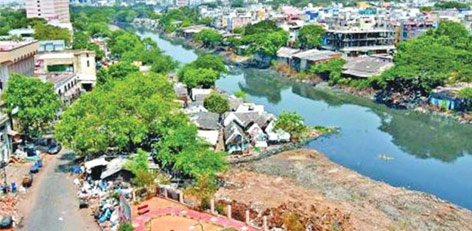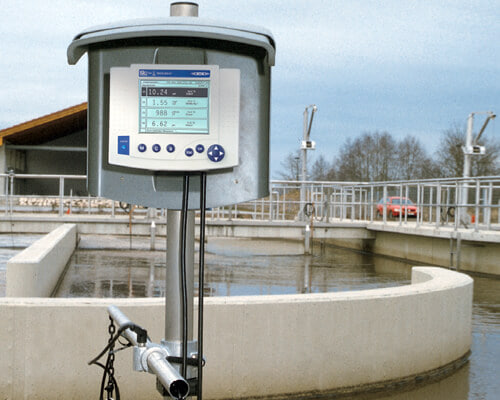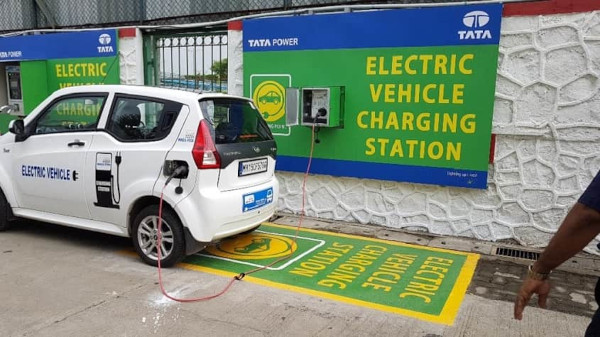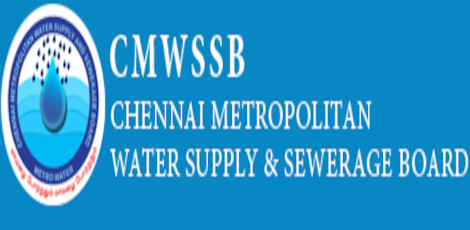No. of views : (1964)
River restoration plan in Chennai affected by the unchecked flow of sewage
Posted on: 17/Dec/2018 9:49:56 AM

To carry out a detailed survey as many as 40 students belonging to Loyola College in Chennai visited Pallikaranai marshland just couple of days back. These students were surprised to find raw sewage leaking into the lake through storm water drains. The students were accompanied by some volunteers belonging to Arappor Iyakkam and these volunteers were also astonished to find that the outfalls they had detected 2 years back in a similar audit were not blocked by the authorities.
There are three major rivers in Chennai and these are Adyar River, Cooum River and Buckingham Canal. Outfalls are broadly prevalent in these above mentioned rivers in Chennai. The issue is the river restoration project has made little progress ever since it was started in the year 2015. The contamination has been brought out by the residents as well as by the activists but no action was taken to put an end to this contamination.
A civic activist, Mr. C.R. Balaji, expressed his thoughts about the contamination and spoke about how there are more than one lakh illegal connections through which the sewage pollutes these rivers. He later added that he had seen this at 14 locations in the Chennai city. It must be noted that he had forwarded a complaint to both metro water and chief minister�s cell. He expressed his unhappiness regarding the officials who have been lethargic in their efforts to stop the contamination. A resident belonging to Gandhi Nagar in Adyar spoke about how from Kotturpuram MRTS station till Thiruvanmiyur station, sewage is discharged at various spots along the Buckingham Canal. She later explained about the inefficiency of the officials in plugging the contamination permanently inspite of inspection of canal near Gandhi Nagar conducted by the officials.
The shocking piece of information is in many locations belonging to the Chennai city unplugged outfalls were visibly spewing raw sewage into the rivers. The official sources have pointed out that in the year 2011 the Chennai city was expanded and the metro water department did not take any initiative to undertake a new survey to identify the outfalls. The sources later added that entire restoration would be difficult if the outfalls were not plugged. The officials belonging to the metro water department did not comment on this.
Mr. S. Mohan who is a professor of environmental and water resources engineering, IIT Madras, spoke about how the STP`s or sewage treatment plant might work initially when they are installed. He later pointed out that the usage of these STP`s would become expensive due to high power consumption. He finally highlighted about the importance of wetlands and said wetlands could be constructed along the river beds and these would be able to absorb both organic matter as well as heavy metals.







